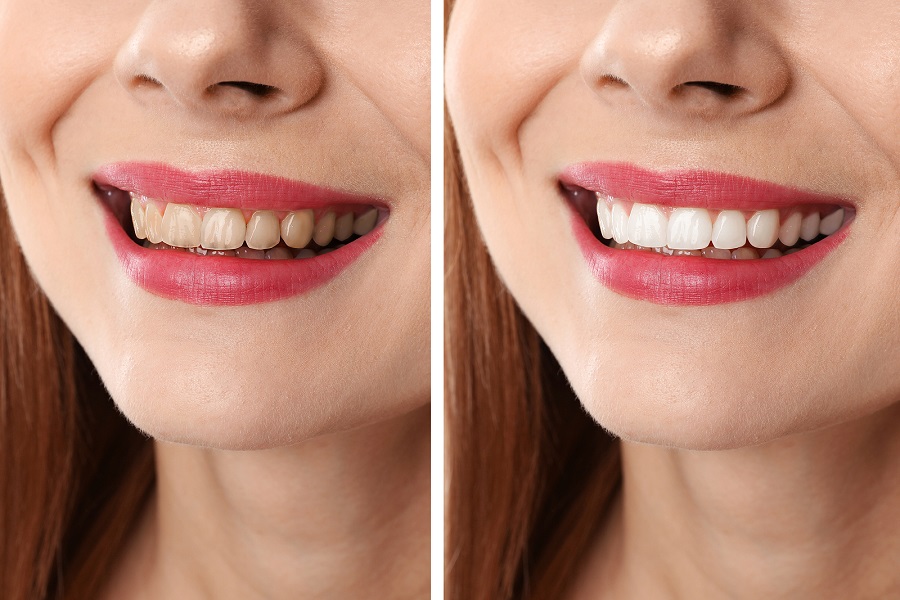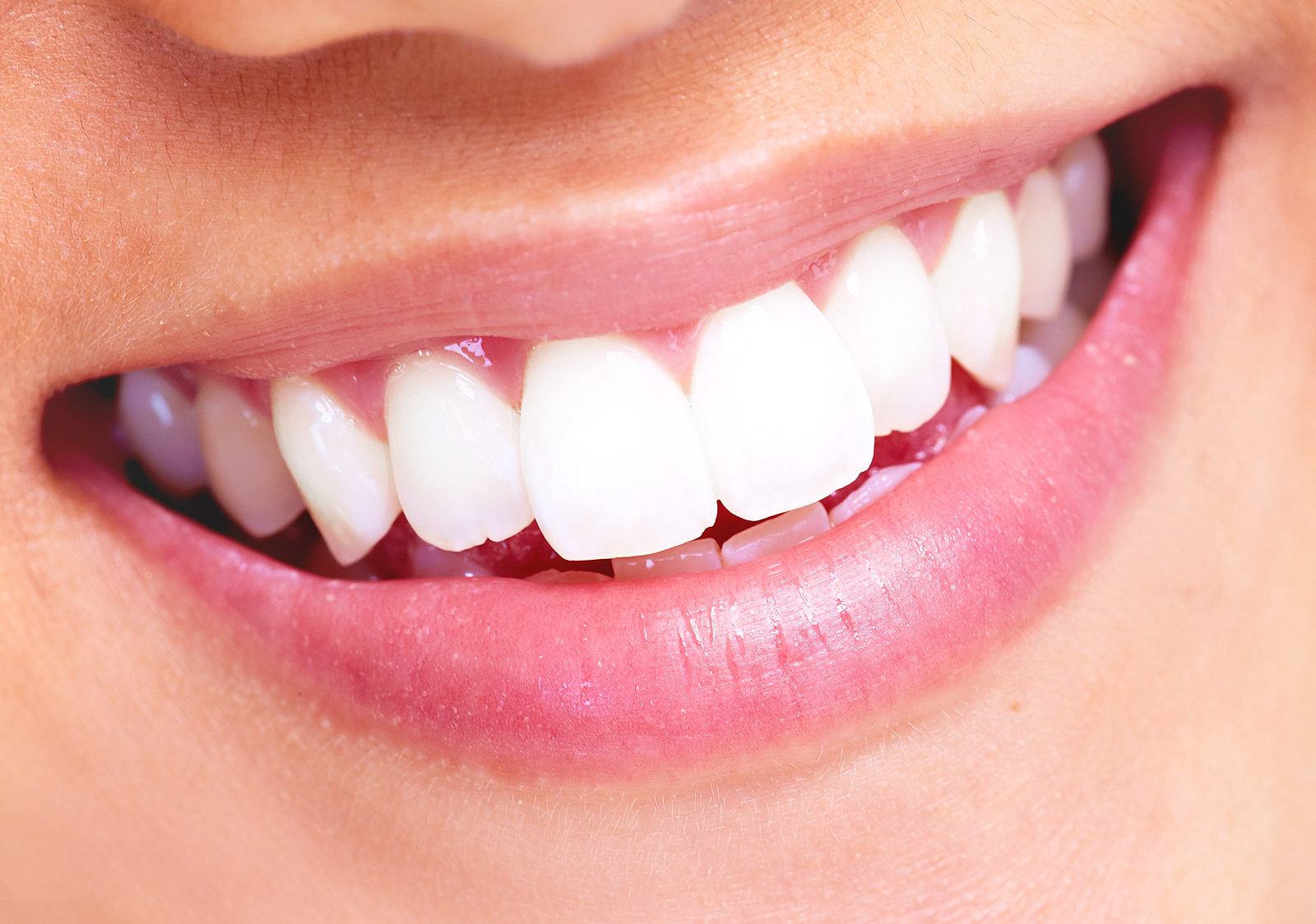IS WHITENING YOUR TEETH WITH ACTIVATED CHARCOAL SAFE?
Each new day seems to bring a new trend in the world of beauty, health, or the combination of the tooth. Whitening your teeth is not usually a health matter, but it can greatly improve your self-esteem and therefore impact your entire life. Most people are constantly on the search for an inexpensive, easy, and safe way to get their teeth whiter at home. Unfortunately, many of the DIY or at home concoctions recommended on the Internet for getting a brighter and whiter smile can actually leave you with a less healthy mouth in the long run. You may be wondering is whitening your teeth with activated charcoal safe? Find out what’s going on with the latest trend of using activated charcoal to whiten teeth on your own.
ABOUT WHITENING TEETH WITH ACTIVATED CHARCOAL
Activated charcoal isn’t the same as the black briquettes you dump into your grill for a backyard barbecue. While it does begin as charcoal like you’d use in a grill, the material is then treated with hot steam or a mix of chemicals to open the structure so that it is filled with thousands of tiny pores in each inch. Those tiny pores are often used to trap liquids or gasses, making activated charcoal a good material for filtering water or absorbing unpleasant odors in a closet or kitchen. Capsules of the powdered charcoal are rarely used as a poison treatment in humans and animals because the material can absorb some toxic or poisonous liquids, but this should only be attempted under the supervision of a medical professional. While activated charcoal may have all those properties for other purposes, none of them are useful for whitening teeth. When powdered activated charcoal is recommended for dental use, it is acting as an abrasive instead. Much like baking soda, it scrubs away at the surface of the teeth. Many people who recommend this method online make a spurious claim that the charcoal absorbs toxins, pigments, and other contaminants and therefore whiten the teeth. However, there aren’t any toxins on the surface of healthy teeth, and most of the stains or yellowing you might see are actually below the surface and much harder to reach with a surface treatment like an abrasive.
IS WHITENING YOUR TEETH WITH ACTIVATED CHARCOAL SAFE?
While it’s definitely possible and won’t hurt you immediately, it’s clear that there are many disadvantages to using this method for tooth whitening. Is whitening your teeth with activated charcoal safe? Not really, according to most dental experts. First, activated charcoal is not tested or approved for this particular purpose. It’s possible it could damage your gums or cause some kind of reaction in your mouth. It is definitely known to damage the surface of your teeth because even the finest powders act as a very rough abrasive. You’re basically taking sandpaper to your teeth when you brush with charcoal, and it eventually does so much damage to your enamel that you’ll experience faster staining and increased rates of cavities. Aside from that, the lack of testing means that the dark black pigment of charcoal could possibly stain some people’s teeth with a blotchy gray color. Damaging the enamel with the rough abrasive effect increases the chances of this happening. It’s possible for any abrasive to remove some limited surface stains and give you slightly whiter teeth, but only professional whitening can safely affect the more visible stains and colors that are below the surface. The combination of special lights, carefully calibrated and testing bleaching agents, and professional supervision results in exactly the shade and lightness you want. Seeing a professional is also the best way to keep your smile as white as possible after your efforts to get it sparkling. We can help you with a wide range of safe and reliable whitening services here at Biltmore Commons Dental.






















0 comments